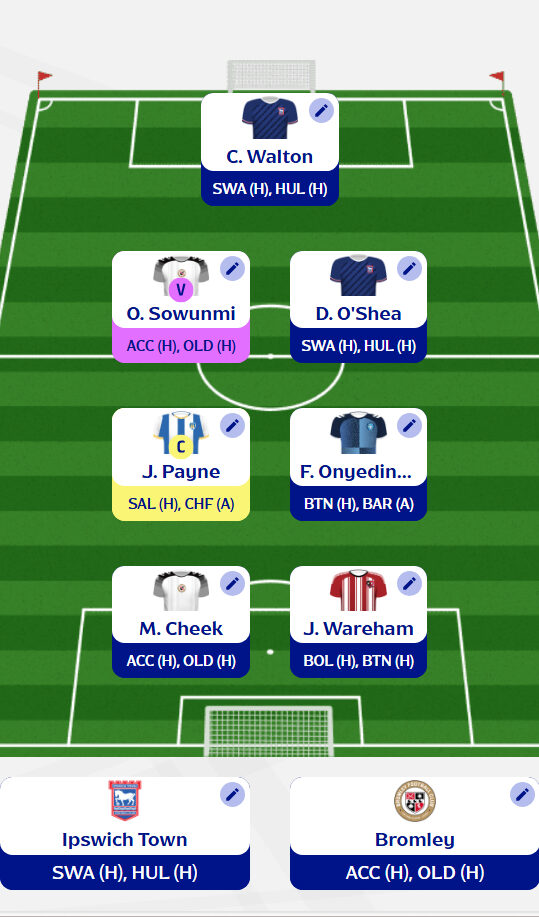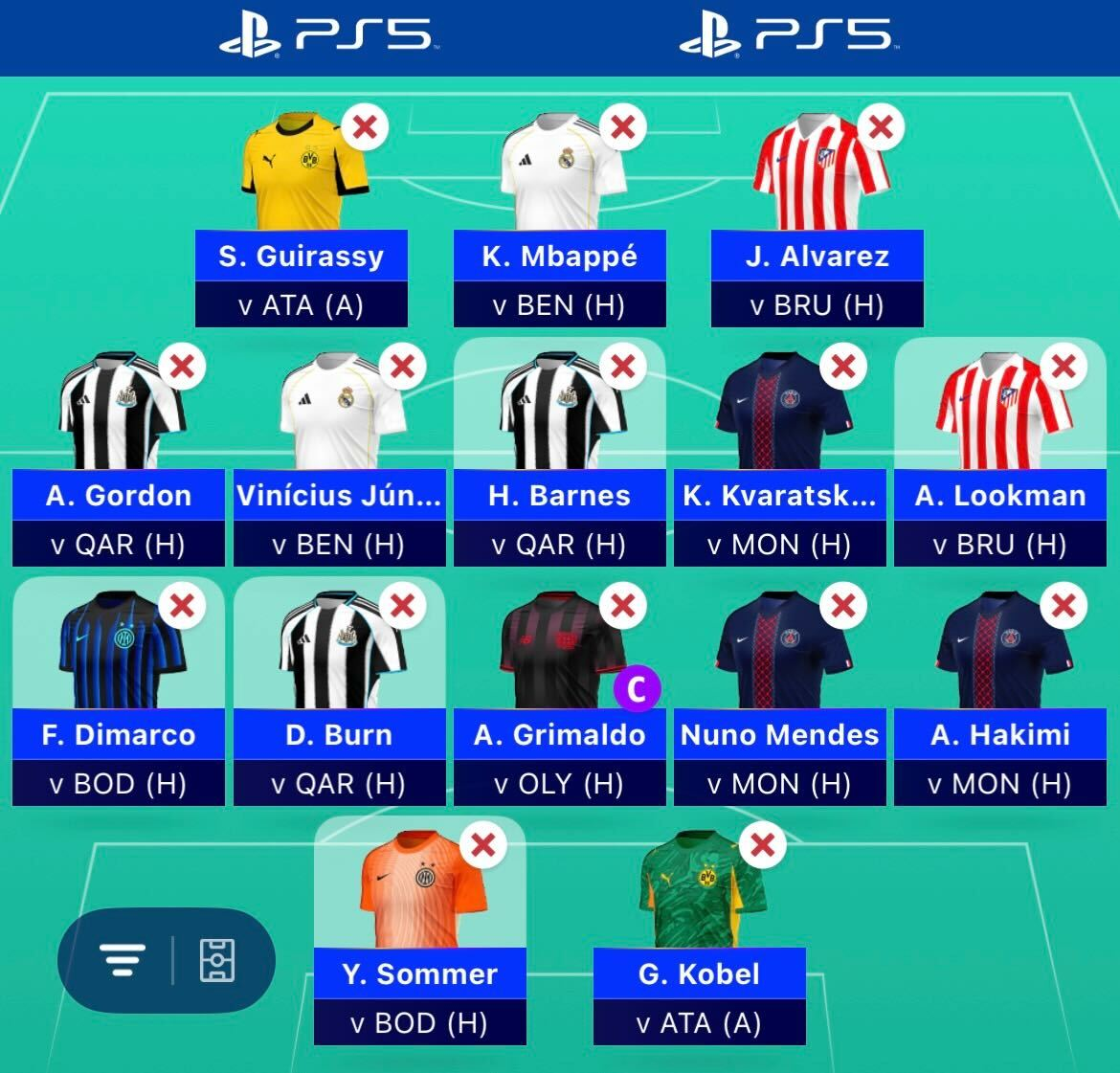We’ve pulled together some quotes from the Meet the Manager series highlighting some of the best tips from the world’s top FPL Managers
Phil Ampleford (@PhilmanFPL)
“I’d say I’m mostly a ‘dullard’ manager but with ‘maverick’ tendencies. I’m not averse to risk taking and that, I feel, means I’m able to adapt to different types of season, because every season is different.
(I try to) start with the template (team) in gameweek 1, going with players that a lot of people choose, so you’ve got a good base. Then you can make the difference after that.
Don’t try to be too ‘maverick’ at the start, try and go with a lot of well owned players because we haven’t got much information to work on at that stage so you don’t want to take any big risks that could put you behind very early on..
I’ve always tried to maximise my funds on the first 11 that start the game. I always generally have a £4m defender who may or may not play…and then I’ll either have a very cheap midfielder or striker. A £4.5m player. So I’m maximising my first 11…
I’m also quite aggressive with my transfers at the start of the season. You’ve got less rotation, less injuries, potentially less suspensions, you can generally be more aggressive getting (players) in early and maximising your team value..
After Christmas I’m more cautious as there’s more fatigue and rotation so you’ve got to be a bit more careful with your transfers, I generally make them nearer and nearer the deadlines later in the season…
(Also) I’ve always been one for looking at fixture rather than form…I find that form will follow fixtures”
Pranil Sheth (@Lateriser12)
“It takes a little time to discover some basic principles of playing FPL but after that, you’re on your own.
Once you know the importance of budget distribution, captaincy picks, never captain a defender, assessing form and fixture, how you fare in FPL essentially comes down to your individual style.
There are many ways to skin a cat and, in my opinion, none of them is wrong.
You need to find your identity as an FPL player. If you are going to get sleepless nights going without Mohamed Salah, don’t do it. It doesn’t suit your personality. It’s not good for your blood pressure and you don’t end up having fun. You’re better off playing the odds and percentages game because that is where your comfort zone lies…
Personally for me though, there is no greater rush than a bold, against-the-grain, differential FPL call coming through. I’ve been fortunate enough to be on the greener side of these calls more often than not…
Upside-chasing is all about finding high impact players that have the potential to gain you a lot of ground in a very short time.
It’s about finding those 20 to 40 point swings that shoot you up the rankings very quickly.
Also, it doesn’t always mean targeting a player with very low ownership. While differentials can always help you gain some massive ground very quickly, there are many ways to look at upside-chasing.”
Mark Sutherns (@FFScout_Mark)
(Founder of Fantasy Football Scout)
“I think when you’ve played the game for a few seasons you know that you go into the season with a plan and it can quickly change. I think what is often the deciding factor, is value players.
In previous seasons I’ve had a strategy and then two or three obvious value players emerge and it all goes out the window. As soon as (value players) pop up, you’ve just got to go with it and then you’re reverting to plan B, C or D. You can’t legislate for that in pre season until things get running and you realise that these guys, you’ve got to have them, then your whole team is shaped around the value that they provide…
(In terms of choosing my captain) Obviously the fixture comes into it first and foremost. I look at the opposing defence and the opportunities they’re likely to give up…A home fixture against a defence that’s going to give up opportunities is the first thing I look for, and I’ll look at data, I’m a stats man. I brought stats to Fantasy football Scout from Opta, so I like to back up my decision with data…
There’s no silver bullet, there’s nothing out there that is the one definitive thing you use…
What you’ve got to do is take every bit of information you’ve got, combine it, and then you’ve got to come up with your own weighting system, your own set of priorities and decide how much stock you put in each piece of information..
You’ve got to decide that yourself. I think that’s what a lot of good FPL managers do, and the best ones have systems that work”

